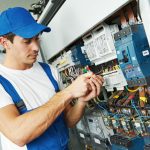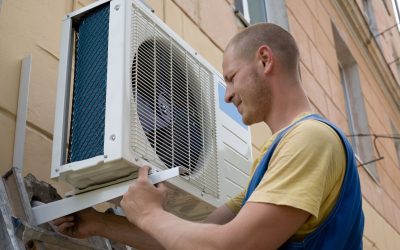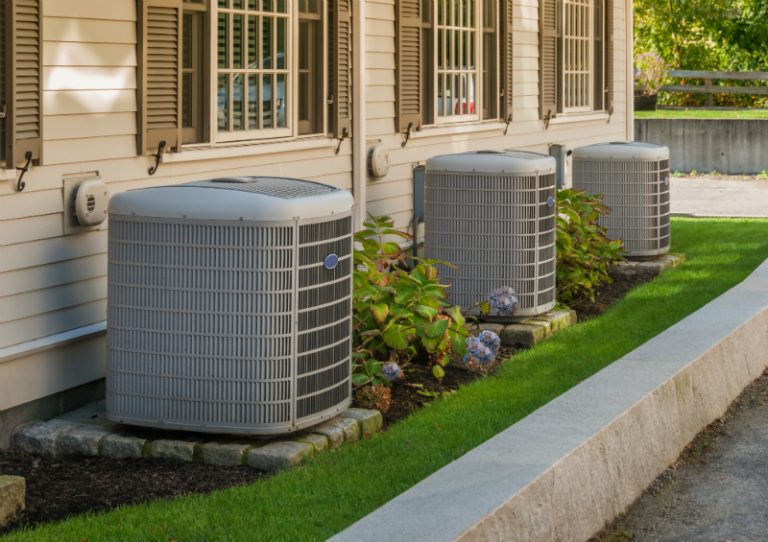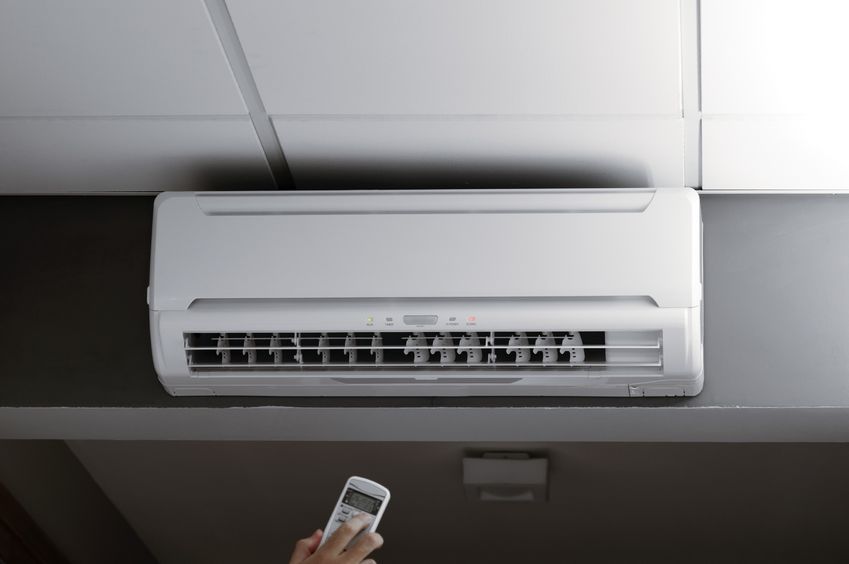HVAC technicians handle heating, ventilation, air conditioning and refrigeration systems in residential homes, office buildings, schools, and factories. They usually work full time except during cold or hot seasons when they can work overtime to keep up with demand. Approximately one in six workers belongs to a union, according to the US Bureau of Labor Statistics. Heating, ventilation, and air conditioning technicians install, maintain, and repair systems that control climates within structures. They travel to each workplace, read the blueprints and other documentation, and test the systems to make sure they are running efficiently. When installing HVAC Systems in Jacksonville FL, they connect the systems to electrical or fossil fuel lines, which includes the connection of various wiring and air ducts. They can specialize in heating, air conditioning or refrigeration, or in types of equipment such as commercial refrigeration or solar heating for homes. Government regulations dictate how hazardous HVAC substances such as refrigerants can be handled, repaired, or disposed of properly.
Qualifications
Although HVAC technicians in the past could learn while he or she works, the increasing complexity of HVAC equipment makes formal training necessary. This is available through higher education certificates or associate degrees from community colleges and technical schools. Practices range from six months to two years. Many learn their skills through apprenticeship programs, which require a high school diploma and are available through commercial organizations. Their training lasts three to five years and includes classroom instruction and paid internships. A certification is available, which requires you to first pass an exam. Some states also require licensing before tackling HVAC in Jacksonville FL.
Perspectives
Job vacancies for HVAC technicians are likely to increase by 34 percent between 2010 and 2020, according to the BLS. This is more than twice the 16 percent projected for all installations, upkeep and restoration occupations, and more than 15 percent expected for all other jobs. A recovering construction sector will provide most of the demand as it builds more residential and commercial structures. Prospects will be excellent, especially for those with a formal educational level. Those familiar with electronics and computers find the best job opportunities because many air conditioning systems use digital controls.







